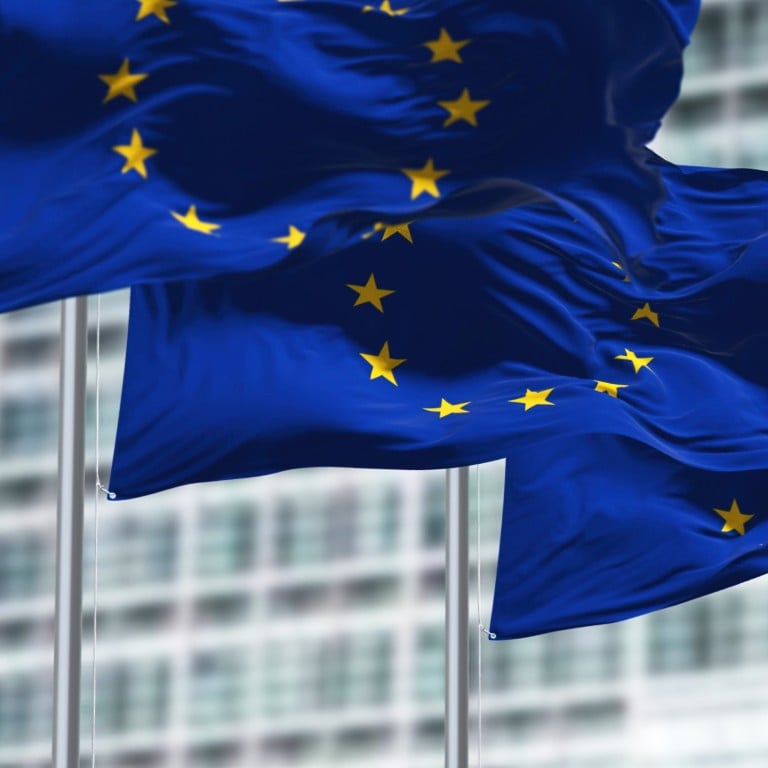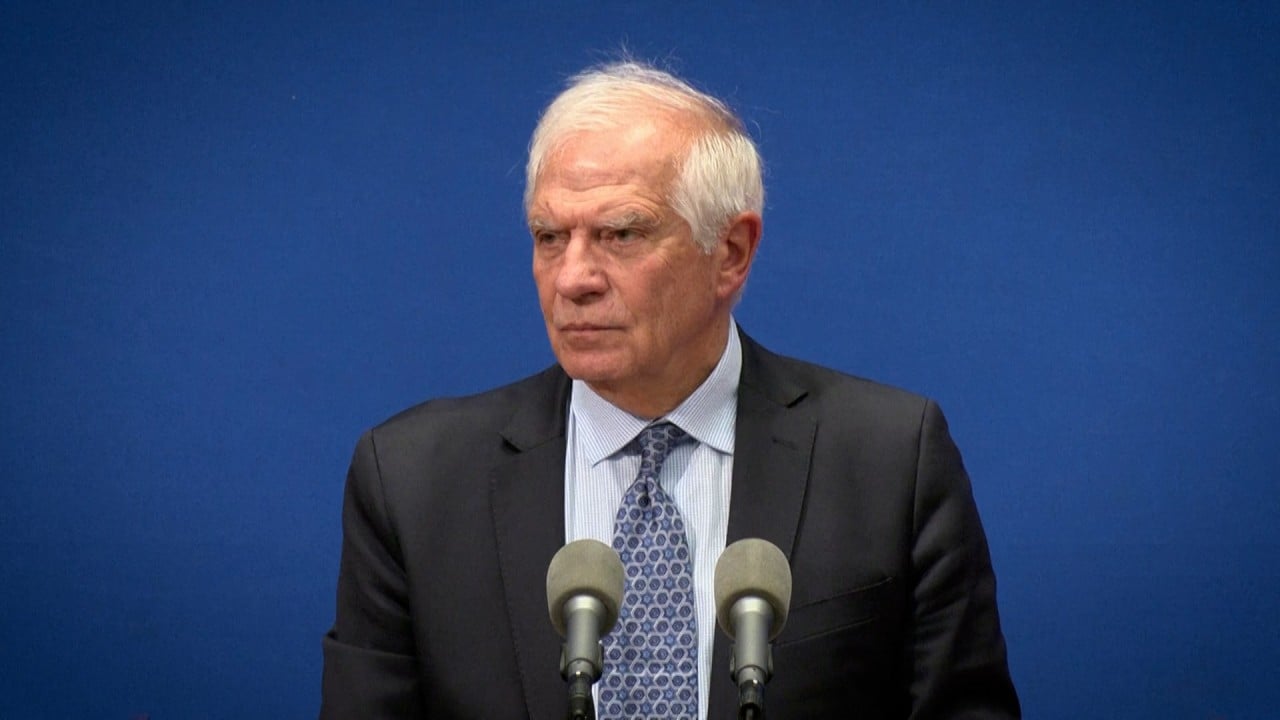
EU approves laws on recycling and human rights that may sharply affect trade with China
- European Union members have endorsed new rules requiring large businesses to conduct human rights and environmental audits of their overseas suppliers
- They have also approved a de facto ban on the import of recycled plastics from outside the bloc, as well as a ban on products made using forced labour
European Union members have endorsed a series of laws that threaten to significantly alter the bloc’s business relations with China.
On Friday, diplomats at the EU Council voted to adopt new rules that require big businesses to conduct human rights and environmental audits of their overseas suppliers.
They also approved a de facto ban on the import of recycled plastics from outside the EU, while earlier in the week European capitals voted in favour of a ban on products made using forced labour.
Cumulatively, the laws could hurt Chinese business interests in Europe and complicate operations for European firms in China. All three pieces of legislation have caused consternation inside and outside the bloc.
The supply chain rules, known as the corporate sustainable due diligence directive, passed on the third attempt, having been rejected by capitals in earlier meetings.
To garner support, the threshold was raised so that the law now applies to businesses with 1,000 employees, up from 500 before, with annual revenue of €450 million (US$490 million), up from €150 million before.
Chinese and other non-EU businesses will also be forced to comply if they earn large amounts of revenue within the bloc.
De facto EU ban on recycled plastics imports sparks row in Brussels
Analysis from the Centre for Research on Multinational Corporations estimated the threshold will mean that 5,421 companies fall within the scope of the law, 70 per cent fewer than before.
High-risk sectors detailed in an earlier draft were also deleted from the law, which will be applied later than initially planned, in a bid to get more capitals on board.
The legislation raises a dilemma for EU businesses in China: how can they comply with Brussels’ demand for forensic audits while Beijing is imposing vague anti-espionage laws and controlling the flow of data out of the country?
Even a good intention does not justify a bad law
German industrial lobbyists panned the law as a “further setback for Europe’s competitiveness”, after Berlin’s abstention failed to halt its passage.
“The approach of the Belgian council presidency and the rapporteur in the European Parliament to push the project through in the back room against all resistance and at all costs is unprecedented,” said Siegfried Russwurm, the president of the Federation of German Industries.
“This caused massive damage to trust in the European institutions and in a proper legislative process.”
“Even a good intention does not justify a bad law,” Russwurm added.
EU reaches deal on forced labour ban, with China’s Xinjiang in its sights
EU lawmakers, meanwhile, have criticised member states for watering the rules down.
“The behaviour of the council and member states in recent months has been reprehensible and damaging to the credibility of EU decision-making,” said Heidi Hautala, a Finnish lawmaker and vice-president of the European Parliament.
Barry Andrews, an Irish MEP, said the amended law “would bring just 40 Irish companies within its scope”.
“This is not corporate accountability,” he added.
The recycling rules were voted through as part of broader legislation to reduce the use of plastics in the EU.
France demanded the insertion of a “mirror clause”, meaning that firms in China and elsewhere in the world have to match standards applied to recycled plastic packaging in Europe.

This is intended to create a level playing field, as the EU is seen as the world leader in plastic recycling, with its companies having to foot associated costs.
But the move is also likely to drive up packaging prices and heighten criticism of “green protectionism” from China and developing countries.
France’s late demand created the unusual spectacle of the European Commission – the EU’s technocratic arm – privately urging member states to vote against the rules, arguing that the discrepancies in recycling standards would make the clause a de facto import ban.
However, the commission also assured diplomats that the rules fell within World Trade Organization rules.
China urges EU cooperation over ‘bloc confrontation’ in bid to warm relations
The China Chamber of Commerce to the EU issued a statement opposing the recycling standards: “While we see the potential benefits of advancing recycled plastic technology and expanding the market for sustainable environmental development, we also acknowledge the need to remain mindful of possible trade disruptions and cost increases due to overly stringent packaging requirements.”
And on Wednesday, a majority of the EU’s 27 member states approved a forced labour ban that, while not naming China directly in order to comply with WTO rules, was written with Beijing in mind.
China is accused of operating systemic state-sponsored forced labour in the western region of Xinjiang, charges Beijing denies.
All three laws now head to the European Parliament for final approval, in advance of June’s EU elections.


